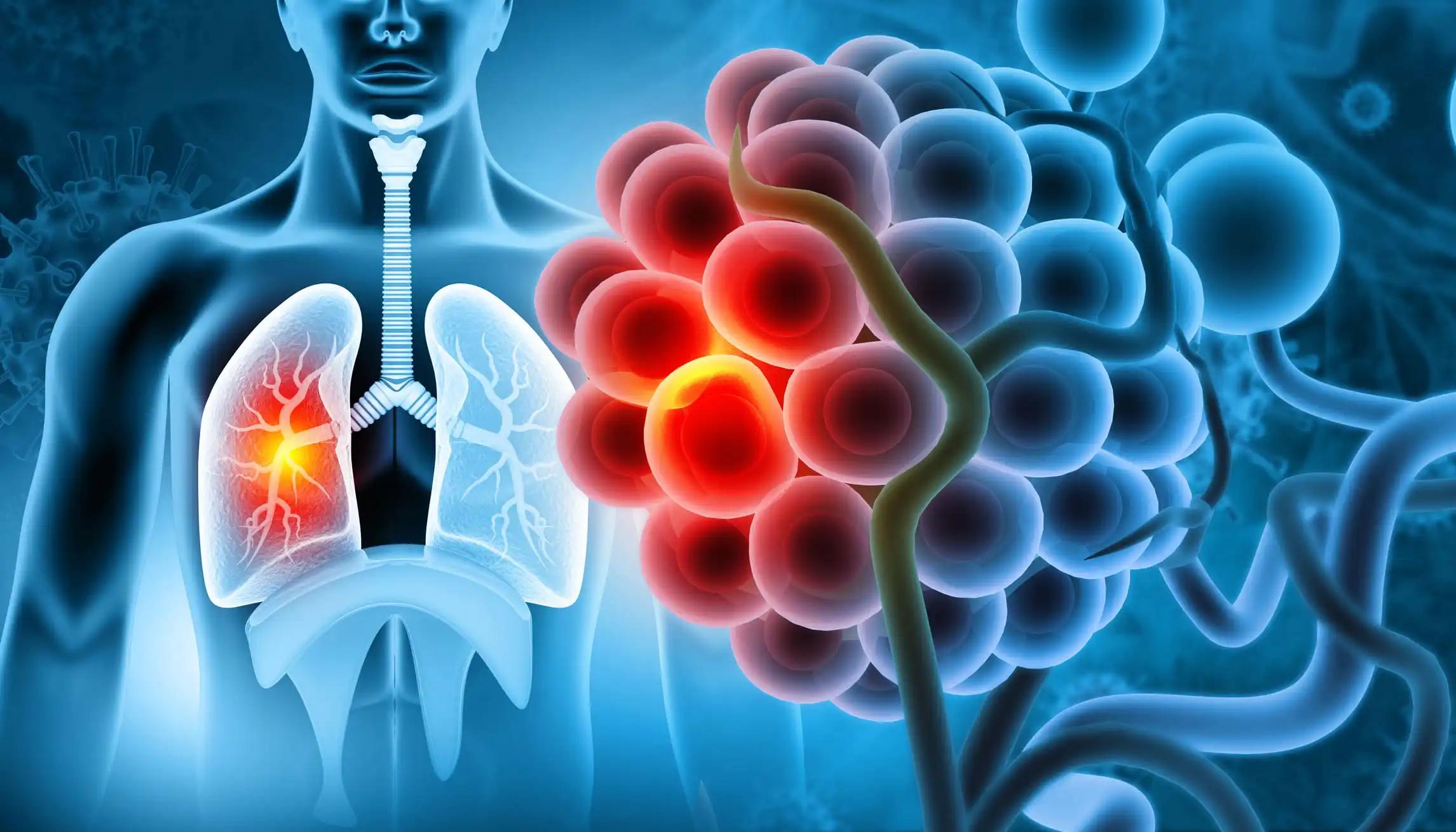KEY TAKEAWAYS
- The study aimed to explore neutrophil heterogeneity in patients with NSCLC.
- The study concluded TAN dynamics enhance NSCLC treatment understanding, aiding TME comprehension and advancement.
In the realm of lung cancer, a highly perilous malignant tumor with severe health implications, neutrophils have garnered increasing interest.
Yunzhen Wang and the team aimed to examine the diversity of neutrophils in non-small cell lung cancer (NSCLC).
The study analyzed single-cell RNA sequencing data of tumor-associated neutrophils (TANs) and polymorphonuclear neutrophils from the Gene Expression Omnibus database. Additionally, they conducted analyses on cell-cell communication, differentiation trajectories, and transcription factors.
The study of neutrophils showed a close association with macrophages. They identified 4 major types of TANs. These included a transitional subcluster (TAN-0) migrating from blood to the tumor microenvironment (TME), an inflammatory subcluster (TAN-1), a subpopulation with a distinctive transcriptional signature (TAN-2), and a final differentiation state promoting tumor formation (TAN-3). TAN-3 exhibited notably increased glycolytic activity. Additionally, the analysis of transcription factors revealed distinct regulons specific to each TAN cluster.
The study concluded that the dynamic characteristics of TANs are expected to enhance understanding of the TME and advance NSCLC treatment.
No funding-related information was available.
Source: https://pubmed.ncbi.nlm.nih.gov/38735760/
Wang Y, Zhu Z, Luo R, et al. (2024). “Single-cell transcriptome analysis reveals heterogeneity of neutrophils in non-small cell lung cancer.” J Gene Med. 2024 May;26(5):e3690. doi: 10.1002/jgm.3690. PMID: 38735760.



